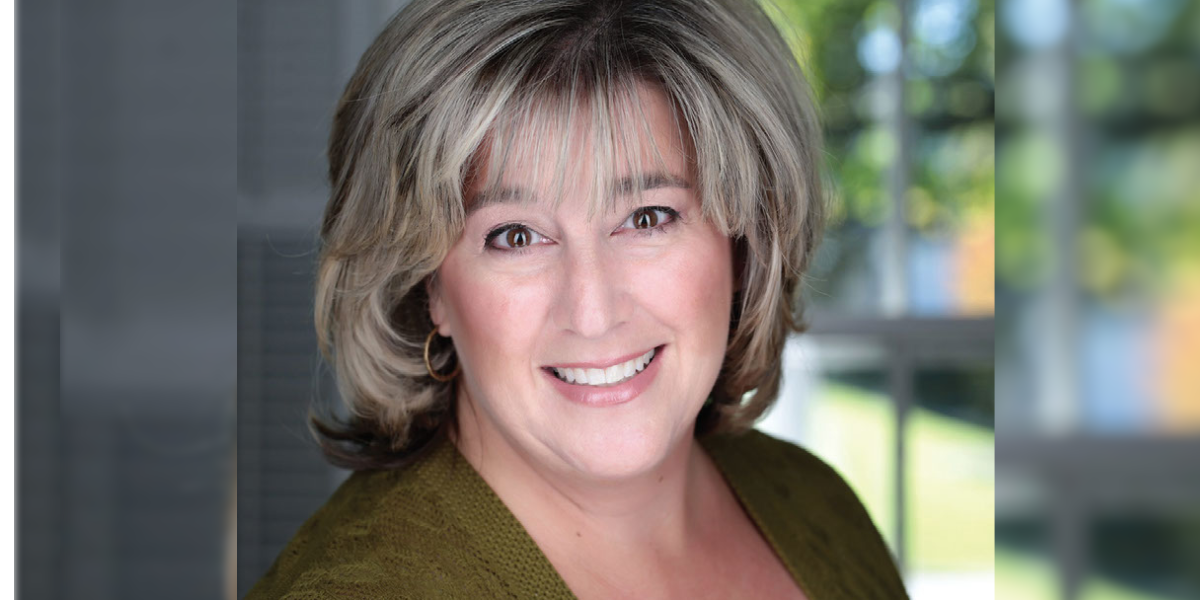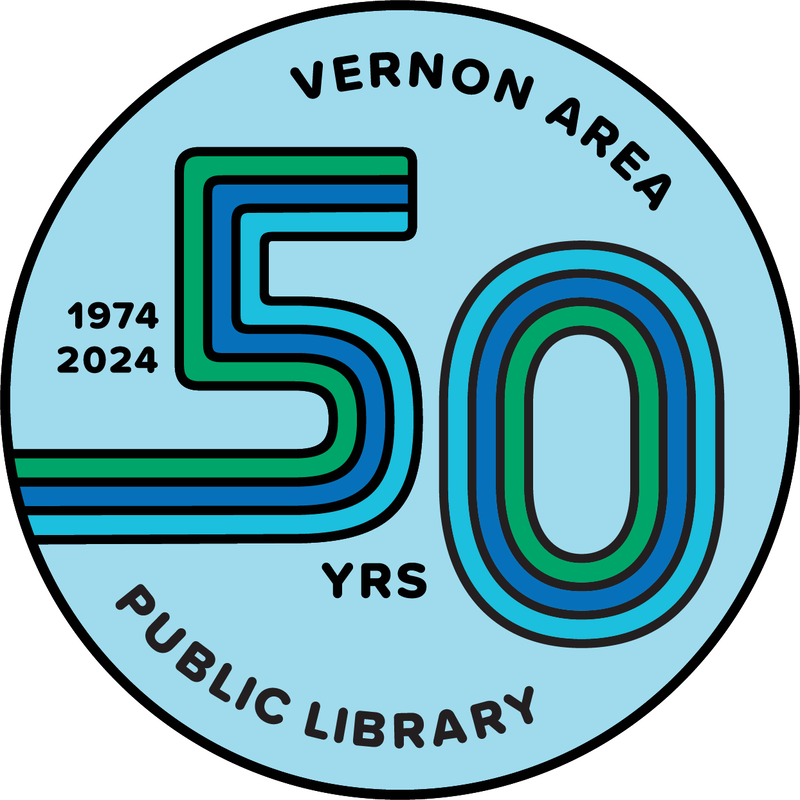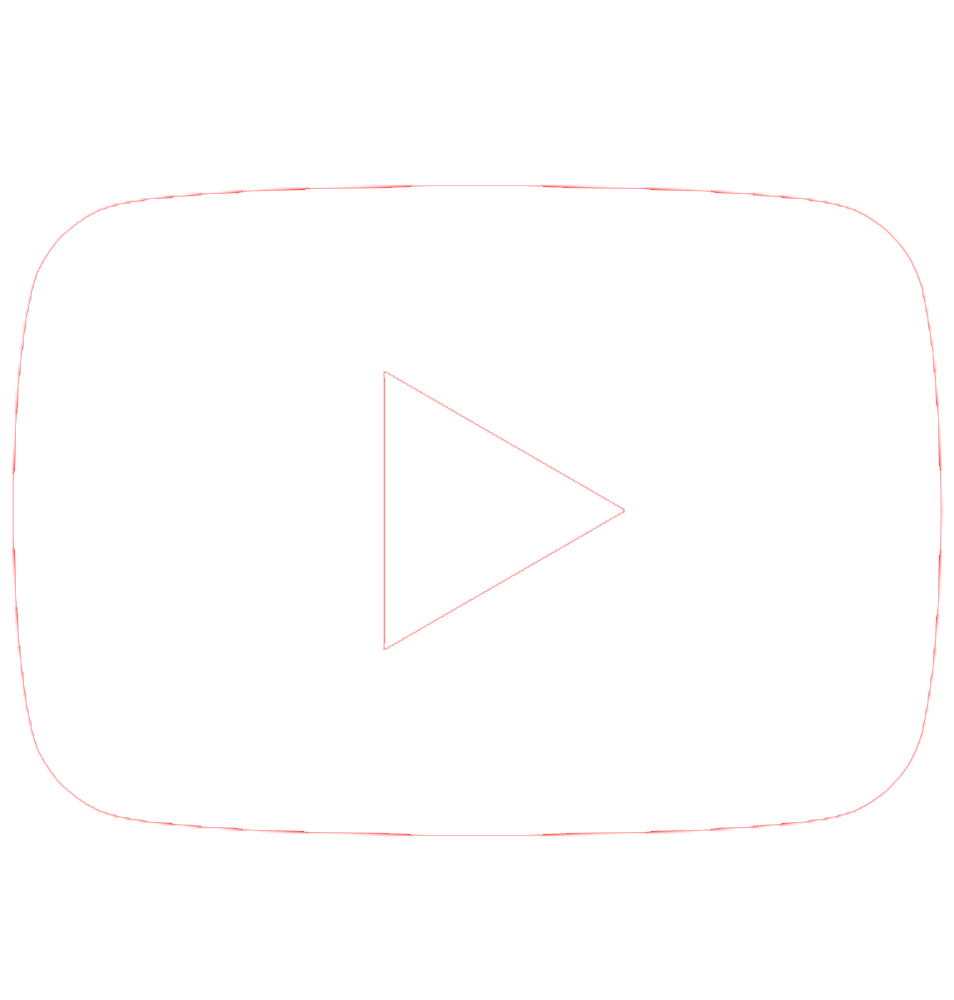|
Ruth Spiro is the author of the bestselling Baby Loves Science board book series and a STEM-themed picture book, Made by Maxine, named a “Best STEM Book” by the National Science Teaching Association. She writes books that inspire kids to observe the world, ask questions, and dream big! She lives in Deerfield, Illinois. Your Baby Loves... series covers some pretty sophisticated topics! What inspired the idea to create board books about STEM and political science?
In 2010, The New York Times ran the article “Picture Books No Longer a Staple for Children,” about a substantial drop in picture book sales. Some believed this was due to the choice some parents were making to start their very young children on more “advanced” level books like early readers and chapter books. It occurred to me that these parents might be looking for elevated content — books that were fun to read but also age-appropriate and educational. I think the reason my Baby Loves Science books have become popular is that they work on several levels. They’re beautiful to look at and appeal to even very young babies who do not yet understand the words. (Thanks to the brilliant illustrators, Irene Chan and Greg Paprocki!) As children grow and develop, they can relate the concept to a real-world observation or experience. Importantly, the books also appeal to parents and caregivers because they feel they’re learning something, too. Similarly, the Baby Loves Political Science books felt important in the time leading up to the 2020 election. With so much going on in the media, my editor and I discussed the need for books that explain these ideas in simple terms for very young children. This collection includes Democracy, which is about how elections work, as well as Congress, Justice, and The Presidency. As we head into election season once again, I think these books will be helpful both at home and the library. Your process must involve quite a bit of research. Where do you begin? Once I decide on a topic, I’ll read books and articles, watch videos, talk with experts and even take field trips if possible. While working on Baby Loves Quarks, I visited the Fermi National Accelerator Laboratory in Batavia and toured an actual particle accelerator. Throughout the writing process, I seek feedback to help refine the story and its relationship to the science concepts. I call upon expert reviewers, including retired physicist Dr. Fred Bortz, to check both the text and illustrations for accuracy. While the Baby Loves Science books may appear simple, they’re the result of collaboration between an entire team, because we all believe that our young audience deserves nothing less. How do you make those topics accessible for little ones? My editorial priority is always the child. First and foremost, the books we share with our little ones should be age-appropriate, visually appealing, and fun to read. Then, if I can find a way to include even the smallest nugget of science while also producing a giggle or two, I’ve done my job! I start with a list of things that are familiar to a baby or toddler — activities like watching a bird fly, building a tower with blocks, and dropping crackers from a high chair just to watch them fall. Then I think about how they relate to what feels like a complex scientific concept. Without this context, the idea of “science” is too abstract for a small child. But when introduced in a story about something familiar, it becomes more accessible. That real-world experience becomes a key, unlocking the door to the science behind it. There’s actually a growing body of research on this topic, mostly relating to the fact that babies are natural scientists. For example, a study at Johns Hopkins revealed that before their first birthday, babies intuitively understand that if you drop a ball it will fall, rather than hover in the air. This is physics and gravity! So rather than talking about babies learning science principles, I prefer to reframe the conversation as babies discovering science principles. I imagine adults have plenty to learn from these books, too. What’s something surprising that you have learned while working on the series? Writing about science for a very young audience has inspired me to look at the field with a fresh perspective. When I was in school, I thought that “science” meant memorizing facts and formulas. Working on this series, I’ve discovered that science is so much more than that because it explains the interconnectedness of our world. The second thing I learned is that it’s never too early to introduce children to this way of thinking. I received an email from a parent who’d been reading Baby Loves Aerospace Engineering with her daughter. She mentioned that they’d be going on an airplane soon, and her daughter began talking about how an airplane’s wings do not flap because it has engines to lift it into the air. The little girl may not yet understand the physics of flight, but she does know there’s a difference between a bird’s wings and an airplane’s wings, which is a brilliant beginning. What do you hope children and families take away from your books? A child’s job is to explore and experiment, because that’s how they figure out how the world works. I’m not advocating for teaching young children about science; I view it as encouraging exploration and curiosity while introducing some basic science vocabulary along the way. My hope is that my books will spark an interest and then become jumping-off points for continued learning. Even if the science is new to parents, they can have fun learning right along with their children. If they don’t know the answer to a question, it’s fine to admit that and then say, “Let’s find out together!” By modeling curiosity and a willingness to investigate, they’re encouraging their child’s sense of wonder as well. I also hope these books help parents and caregivers slow down, appreciate all the little things that children find fascinating, and experience them together. When we view the world from their perspective, every day brings opportunities for discovering something new. What’s next? I’m pleased to share that between 2023 and 2024 I’ll have seven new books coming out, including two additions to the core Baby Loves Science board book collection. The topics haven’t been revealed yet, but I promise they’ll be worth the wait. I’m also working on a brand-new picture book series based on Baby Loves... but for early elementary readers who are ready to learn more about their favorite topics. In the coming months I’ll also be sharing more about three exciting new picture books. These are departures from my other books in that two are rhyming and one is lyrical and quite special, a “book of my heart.” Reach Ruth via her website, RuthSpiro.com, or on Twitter or Instagram @ruthspiro.
0 Comments
Leave a Reply. |
Recent Posts
|
HoursThe building and drive-up window are open.
Mon–Thurs 9 AM–9 PM Fri–Sat 9 AM–5 PM Sunday 10 AM–5 PM 'Mask Required' access available before opening hours, daily. Learn more. Holidays and other closed dates |
Stay InformedSign up to receive email updates from the library, including news and notice of upcoming programs.
|
Quick LinksContact |





